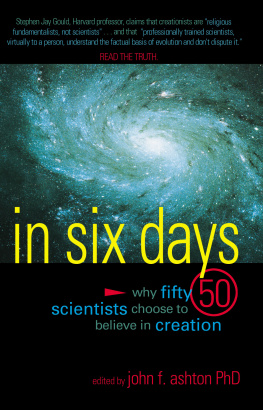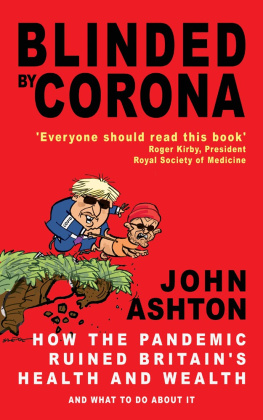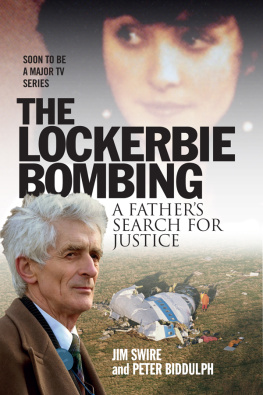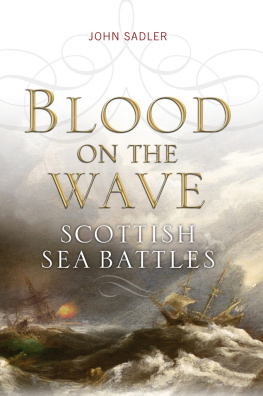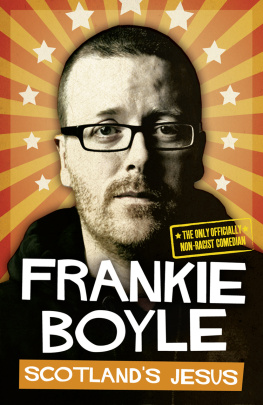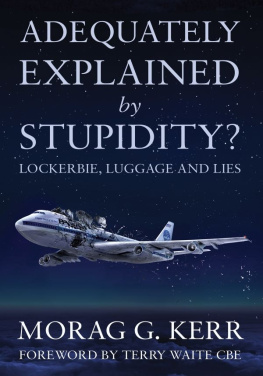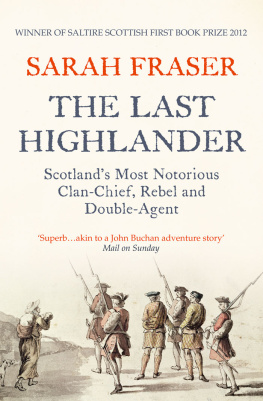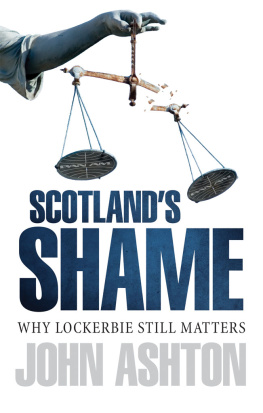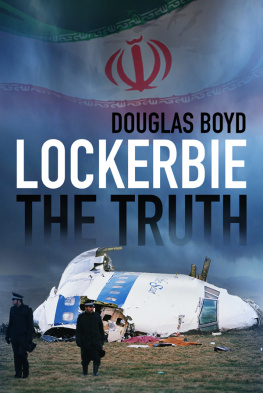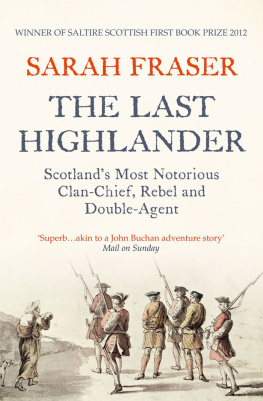This eBook edition published in 2013 by
Birlinn Limited
West Newington House
Newington Road
Edinburgh
EH9 1QS
www.birlinn.co.uk
Copyright John Ashton, 2013
The moral right of John Ashton to be identified as the author of this work has been asserted by him in accordance with the Copyright, Designs and Patents Act 1988
All rights reserved. No part of this publication may be reproduced, stored or transmitted in any form without the express written permission of the publisher
ISBN: 978-1-78027-167-5
eBook ISBN: 978-0-85790-642-7
British Library Cataloguing-in-Publication Data
A catalogue record for this book is available from the British Library
Foreword by Jim Swire
Love one another with a pure heart fervently, see that ye love one another.
Peter 1:22 and Samuel Sebastian Wesley (1810-1876)
When I was a boy, some 70 years ago, I remember being sent away from my much loved home in the Isle of Skye, where our daughter Floras ashes now lie buried, to go to boarding school in Oxford. I dreaded those journeys; but when I was singing in the school choir there as a boy treble, a favourite hymn was Samuel Wesleys anthem which, to glorious music, contains the command, Love one another with a pure heart fervently, see that ye love one another.
Through my long life it has often proved hard to follow that command to love one another, and I have often been a miserable failure at it, even in loving my own family as they deserved at times. But the greatest tests have come since our deeply loved elder daughter Flora was slaughtered, a day short of her twenty-fourth birthday, along with 269 others, in the Lockerbie atrocity of 1988. She was a beautiful, ebullient young medical student, so bright that she had volunteered temporarily to suspend her medical studies in Nottingham to do a research project at the countrys premier neurological institute in Queens Square, London. There she met a young American doctor who became her boyfriend. It was to him in Boston that she wanted to fly for Christmas 1988 after having asked her mum if it was OK for her to be away from the family for Christmas. How hard it is: if we had only said no... we would still have our Flora with us, and I would not be writing this now.
During the painful task of clearing out her London room after her death, we found on her desk a letter from Cambridge, my old university, accepting her to continue her studies there. We knew this meant we would have heard her excited voice, probably on Christmas Day, telling of her safe arrival and her acceptance by Cambridge. But it was never to be.
Now that John Ashton and so many others have been able to make it plain that the official version of the Libyan Abdelbaset al-Megrahis guilt cannot be true, it has become increasingly difficult not to despise those who still try to defend the indefensible. Most of them do this out of ignorance, but some because they are told to do so, some to enhance their careers, some to conceal their own shame, some to seek greater power, some to make money, others because they genuinely see it as their duty to toe the official line.
When John Ashtons second Lockerbie book, Megrahi: You Are My Jury was published in Edinburgh, an announcement from 10 Downing Street, which had not had time to study its contents, early that same morning condemned the book as an insult to the relatives. Now that fifteen months have gone by, there can be no excuse for the governments failing to have studied afresh the origins of the murder of so great a number of innocent citizens, so clearly set out by Ashton. The failure to protect our families and the denial of the truth are the real insults for the relatives.
This, Ashtons third Lockerbie book, shows that terrible mistakes have been made, and there are hints of something more sinister than simple human error. For us, being denied the truth has become the norm, but Ashtons work is fresh and closely reasoned from his vantage point in possession of almost all the evidence available to both prosecution and defence. It seems that our own and certain other governments are deliberately concealing the truth from us. This is both wrong and futile, for Article 2 of the European Convention on Human Rights enshrines our absolute right to know the truth about the deaths and the failure to protect our families. The longer that government refuses to reveal all it really knows of the truth, the more certain it is that the Supreme Court or the European Court of Human Rights will have to intervene. There will be no mercy at the bar of history.
It has never been the aim of the Lockerbie victims relatives group, UK Families-Flight 103, to attack those who made mistakes; rather we seek ways to ensure that our courts shall function transparently and fairly in future. How much better that that the investigation and correction of what has gone wrong should come from within our own borders.
In 1990 the UK relatives were summoned to the US embassy in London to hear the findings of President George Bush seniors Commission on Aviation Security and Terrorism. It seemed to be a review of how the US would fight terrorism in future a foretaste perhaps of how the American war on terror would later impact on all our lives. It sought to reassure us that there had been no sinister explanation as to why the Lockerbie aircraft had only been two-thirds full in the week before Christmas and how it came to be that some of our families had been told there were no seats to the US that week, only to be offered seats in the last few days before the flight, on the Lockerbie aircraft Pan Am 103.
However, one of our number, Martin Cadman, who had lost a son, was taken aside in the embassy by a member of the Commission and told quietly, Your government and ours know exactly what happened, but they are never going to tell.
Even the least imaginative among us might from then on have wondered, was this atrocity some incident in a great game of international politics, in which individuals and truth may be sacrificed for the perceived national interests of a whole country?
After all, five months before Lockerbie, a US missile cruiser, the USS Vincennes, had shot down an Iranian airbus killing 290 innocent people, and then the United States had awarded a medal to her captain and meritorious service ribbons to her crew. The Iranians had naturally bayed for revenge, an eye for an eye; was Lockerbie that revenge? If so was it in any sense facilitated to avoid inevitable confrontation with Iran? What a terrible possibility; but fear of such a horror becoming public could explain the effort still ongoing by governments to obstruct the truth. We do know it was initially a given in intelligence and civil aviation circles that Lockerbie was indeed Irans revenge, so why was no coherent move apparently made to prevent it?


